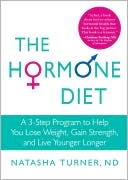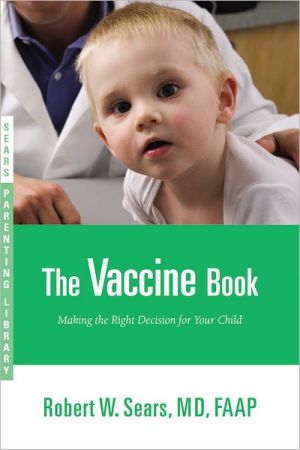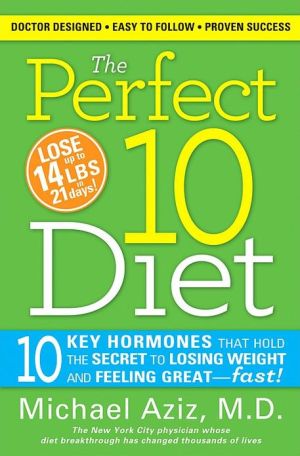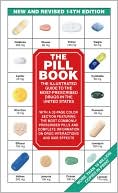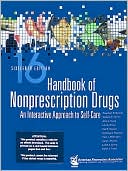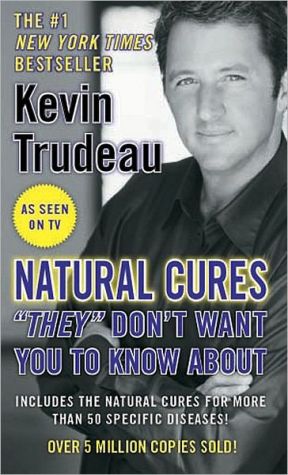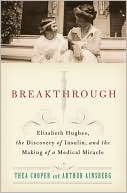Selling Sickness: How the World's Biggest Pharmaceutical Companies are Turning Us All into Patients
"Thirty years ago, Henry Gadsden, the head of Merck, one of the world's largest drug companies, told Fortune magazine that he wanted Merck to be more like chewing gum maker Wrigley's. It had long been his dream, he said, to make drugs for healthy people - so that Merck could "sell to everyone."" Selling Sickness reveals how widening the boundaries of illness and lowering the threshold for treatments is creating millions of new patients and billions in new profits, in turn threatening to...
Search in google:
Thirty years ago, Henry Gadsden, the head of Merck, one of the world's largest drug companies, told Fortune magazine that he wanted Merck to be more like chewing gum maker Wrigley's. It had long been his dream to make drugs for healthy people so that Merck could "sell to everyone." Gadsden's dream now drives the marketing machinery of the most profitable industry on earth.Drug companies are systematically working to widen the very boundaries that define illness, and the markets for medication grow ever larger. Mild problems are redefined as serious illness and common complaints are labeled as medical conditions requiring drug treatments. Runny noses are now allergic rhinitis, PMS has become a psychiatric disorder, and hyperactive children have ADD. When it comes to conditions like high cholesterol or low bone density, being "at risk" is sold as a disease.Selling Sickness reveals how widening the boundaries of illness and lowering the threshold for treatments is creating millions of new patients and billions in new profits, in turn threatening to bankrupt health-care systems all over the world. As more and more of ordinary life becomes medicalized, the industry moves ever closer to Gadsden's dream: "selling to everyone." Publishers Weekly This accessible study about the collusion between medical science and the drug industry emphasizes how drug companies market their products by either redefining problems as diseases (like female sexual dysfunction) or redefining a condition to encompass a greater percentage of the population. Moynihan, a health journalist for the New England Journal of Medicine and the Lancet, and Cassels, a Canadian science writer, note, for instance, that eight of the nine specialists who wrote the 2004 federal guideline on high cholesterol, which substantially increased the number of people in that category, have multiple financial ties to drug manufacturers. Physicians now routinely prescribe cholesterol-lowering pills (statins) that may have perilous side effects, when many people could lower their risk of heart attack with less costly and dangerous steps, such as exercise and improved diet. Through aggressive merchandising, funding of medical conferences and expensive perks, drug companies win doctors over to diagnosing these "diseases" and prescribing drugs for them. Unfortunately for these authors, much of this territory has been covered by several books in the past year, most notably Marcia Angell's The Truth About the Drug Companies (due out in paperback from Random House in September). (July) Copyright 2005 Reed Business Information.
Prologue : selling sickness1Selling to everyone12Doughnuts for the doctors223Working with celebrities414Partnering with patients615Making risks into medical conditions826Advertising disease997Shaping public perceptions1198Testing the markets1399Taming the watchdogs15610Subverting the selling175Epilogue : what can we do?196
\ From Barnes & NobleThree decades ago, the CEO of a major pharmaceutical corporation complained that his company's market was limited to sick people. He confessed that it had long been his dream to make drugs for healthy people, to "sell to everyone." As Ray Moynihan notes in this persuasive book, that fantasy has come true. As drug companies work systematically to widen the very boundaries that define illness, public perceptions about health and sickness are being manipulated and transformed, and millions of Americans are being treated for vague new conditions. One of the most devastating medical exposés in years.\ \ \ \ \ Publishers WeeklyThis accessible study about the collusion between medical science and the drug industry emphasizes how drug companies market their products by either redefining problems as diseases (like female sexual dysfunction) or redefining a condition to encompass a greater percentage of the population. Moynihan, a health journalist for the New England Journal of Medicine and the Lancet, and Cassels, a Canadian science writer, note, for instance, that eight of the nine specialists who wrote the 2004 federal guideline on high cholesterol, which substantially increased the number of people in that category, have multiple financial ties to drug manufacturers. Physicians now routinely prescribe cholesterol-lowering pills (statins) that may have perilous side effects, when many people could lower their risk of heart attack with less costly and dangerous steps, such as exercise and improved diet. Through aggressive merchandising, funding of medical conferences and expensive perks, drug companies win doctors over to diagnosing these "diseases" and prescribing drugs for them. Unfortunately for these authors, much of this territory has been covered by several books in the past year, most notably Marcia Angell's The Truth About the Drug Companies (due out in paperback from Random House in September). (July) Copyright 2005 Reed Business Information.\ \

